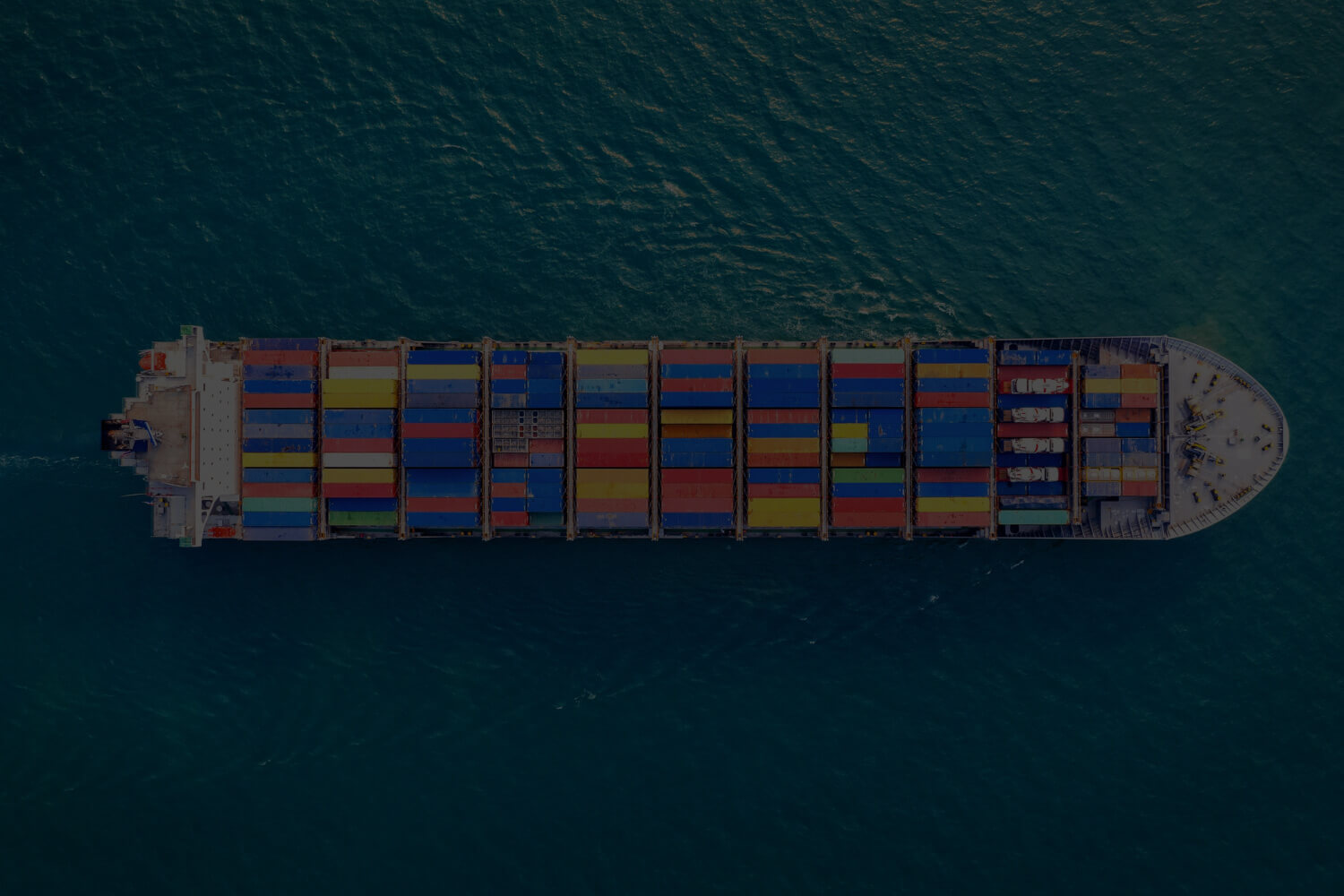“With Mantel Group, we’ve moved to a cost-optimized and highly scalable cloud-native AWS infrastructure for our business-critical DDS solution to help drive growth.”
Tim Fraser | Product Owner, OMC International
“It wasn’t scaling well, and costs just kept rising as we had to keep increasing the size of Amazon Relational Database Service [Amazon RDS] instances.”
Tim Fraser | Product Owner, OMC International
The company launched a project to modernize DDS while moving to a more scalable and cost-effective cloud-native design. The goal was to rearchitect DDS and switch from a monolithic construction to microservices, leveraging AWS serverless services to more easily scale while also reducing costs.
“DDS had outgrown its original design and started consuming data sets that it was never designed for. It was time to create a DDS 2.0.”
Samuel Frick | Consulting IT Engineer, OMC
“Mantel Group gave us a lot of confidence at the start of this project because of their AWS expertise. The company was flexible from day one, refining the solution’s design to get us to a minimal viable product [MVP].”
Tim Fraser | Product Owner, OMC International
“We successfully completed the MVP and now we’re in the final testing phase before we begin moving DDS 2.0 to our production environment, After working with Mantel Group on this initiative, we’re planning to extend our relationship to more cloud-native projects.”
Samuel Frick | Consulting IT Engineer, OMC
Services Deployed
“We can continue driving business growth and launching new projects for our customers without concerns about possible downtime.”
Tim Fraser | Product Owner, OMC International
For Gordon Lindsay, technical lead at OMC International, two of the biggest advantages of the new cloud-native solution are its processing speed and its flexibility. “It certainly takes less time to get the ball rolling on doing work for our customers,” he says. DDS 2.0 can process data 30 times faster than the previous solution, meaning OMC International can deliver findings quicker to its customers; it’s now also much simpler to launch new projects on the DUKC® platform.
As a result of collaborating with Mantel Group, OMC International has improved its ability to manage AWS costs and is projected to achieve cost savings of 10-15 percent. In addition, DDS 2.0 reduces the human resources required for database maintenance. These time and cost savings can be invested in further developing DUKC® to increase its value to customers.
“We’re keen to explore how AI and AWS could be integrated into forecasting”
Samuel Frick | Consulting IT Engineer, OMC
The Benefits
-
Increases scalability to drive growth
-
30x increase in data packet processing
-
Achieves 100% uptime
-
Creates 10-15 percent cost savings
-
Reduced customer onboarding time
-
Simplified management to focus more on development
